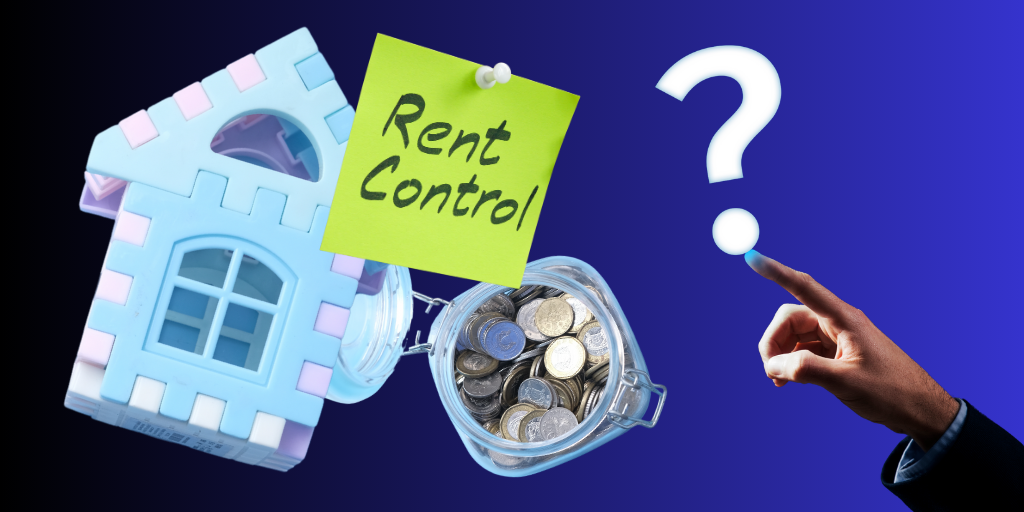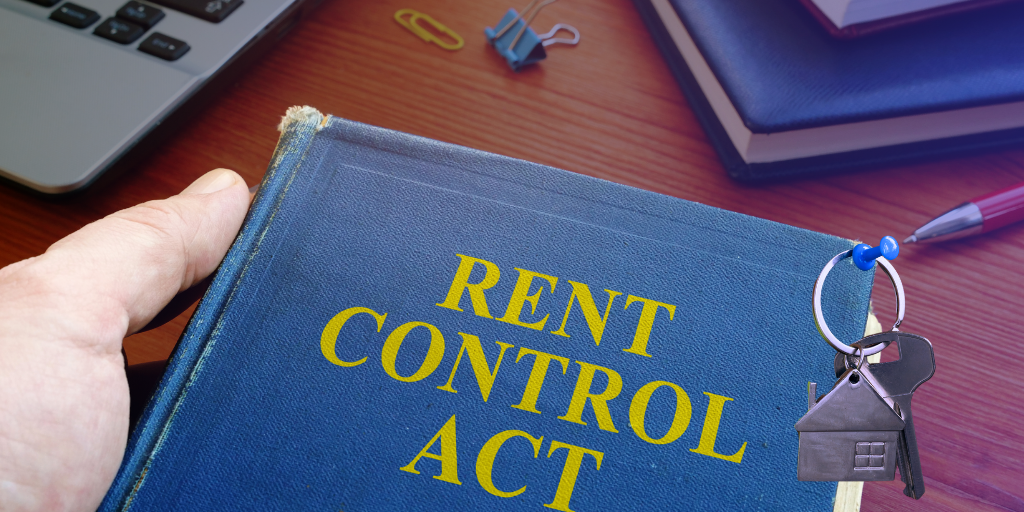Why It Matters More Than Ever
Picture this: You've finally found a cozy apartment in a neighborhood you love. You're just getting settled—plants by the window, your favorite coffee shop down the street—when your landlord informs you that rent will jump by $300 next month. Panic sets in. Can they even do that?
Whether you're a tenant trying to plan long-term or a landlord trying to stay compliant, knowing your local rent control and rent cap laws in 2025 isn't just helpful—it's essential. These laws can influence everything from your budget to your legal responsibilities.
Let’s break it down together in a way that makes sense, with real-life examples and updates that reflect the 2025 housing landscape.

What is Rent Control, Really?
Rent control refers to government policies that regulate how much landlords can charge tenants and how often they can increase rent. These laws are designed to protect tenants from sudden spikes, especially in high-demand areas.
For example:
- In New York City, some apartments fall under rent stabilization, meaning landlords can only raise rent by a small percentage each year (as set by the Rent Guidelines Board).
- In Los Angeles, apartments built before 1978 are subject to the city’s rent control laws, which limit increases to a certain percentage annually based on the Consumer Price Index (CPI).

Rent Caps: The Modern Twist
While rent control tends to apply to older buildings or specific areas, rent caps are a newer, broader version of the same concept.
Many states have implemented rent cap laws to limit annual increases—often to something like 5% + inflation (CPI). A popular example is:
- California's AB 1482: As of 2025, this law caps rent increases at 5% plus inflation, with a total cap around 10% annually for most properties older than 15 years. It also requires landlords to provide a valid reason for evictions (just-cause protections).
Some cities, like Portland, Oregon, have even more detailed rent cap policies tied to local inflation rates.

Who’s Affected (And Who’s Not)?
Not all properties are covered by rent control or rent caps. Here’s a general idea of who’s exempt:
- Single-family homes or condos (if owned by individuals, not corporations)
- New construction (often exempt for the first 15 years)
- Certain luxury or high-end properties
- Short-term rentals (like Airbnb-style listings)
However, even if a property is exempt, landlords may still need to follow notice periods and other local ordinances when raising rent.
.png)
2025 Updates to Watch For
With the housing market constantly shifting, several cities and states have introduced changes in 2025:
- Colorado passed a new statewide cap of 6% plus CPI, aimed at keeping up with rising housing costs.
- Illinois continues to debate lifting the statewide ban on rent control, with some local municipalities pushing for localized regulations.
- In Washington D.C., recent reforms tightened rent increases for elderly and disabled tenants to no more than 2% annually.
If you're unsure about your local rules, your city or state housing department website is a great place to start—or connect with a local property management company for guidance.
Why This Matters—For Tenants and Landlords
For tenants, understanding these laws gives you peace of mind. It helps you budget, advocate for yourself, and avoid being blindsided by an unlawful rent hike.
For landlords, it’s about staying legal and building trust with tenants. Ignorance of rent laws isn’t just risky—it could lead to fines or lawsuits.
Conclusion
Got Questions? You’re Not Alone.
Rent laws can feel complicated—because they often are! They vary by city, county, and state, and they’re constantly evolving.
If you’re wondering:
- “Is my home under rent control?”
- “Can my landlord really raise my rent this much?”
- “As a landlord, how can I comply without losing income?”
It’s perfectly normal to have questions. We reco mmend checking your local ordinances or consulting a professional, like a housing rights advocate or property manager.

Need clarity on your rental situation? Want to make sure you're following the latest 2025 rent cap guidelines? Whether you're renting out a property or living in one, Rent Easy Nola is your trusted partner for property management and peace of mind.
📞 Call us at 985-710-3356
📧 Email: info@renteasynola.com
🌐 Visit: www.renteasynola.com
Let’s take the stress out of renting—together.


